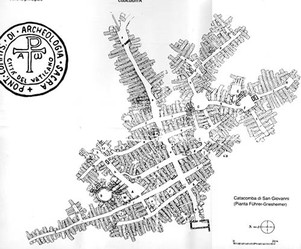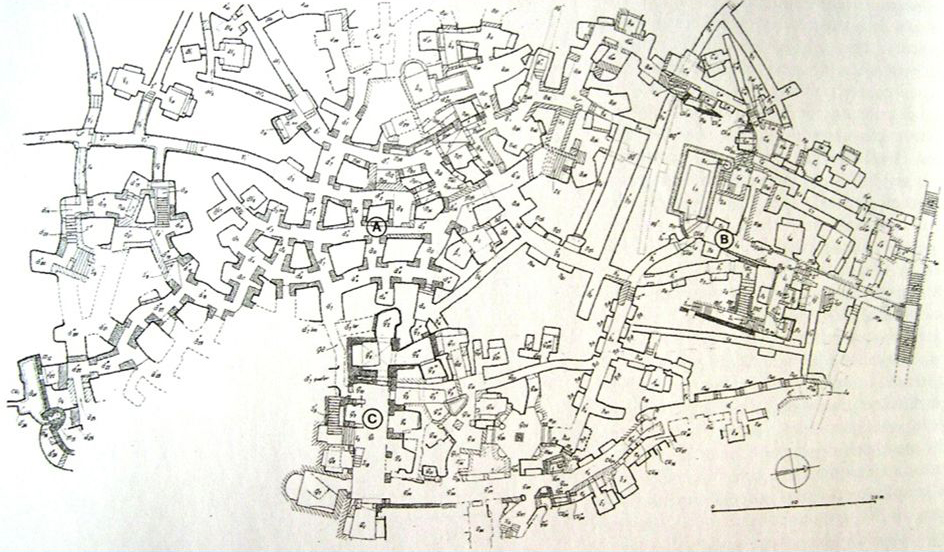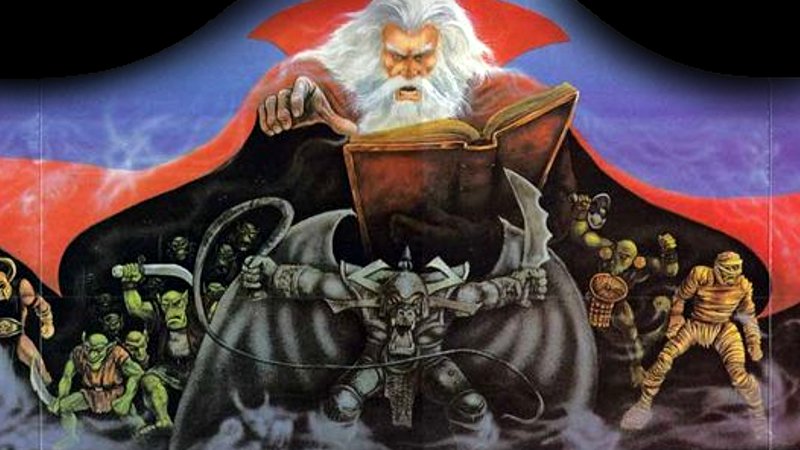Previous Article…Game Master Traits – Impartiality
It’s time to talk about the second trait a game master should possess.
Knowledge
Most of the articles I have read about “knowledge”, almost all of them I’d say, pose the problem of knowledge under one point of view.
It’s always the same.
Knowledge of the rules, knowledge of how to use skills, knowledge of how to deal with encounters and thus combat, knowledge of the game’s action economy…etc, etc…and bla bla bla.
Well, it’s not about that kind of knowledge. We have said we need to find traits that define a game master a priori of what the ruleset is.
I’m not stating that knowledge of the specific ruleset you are using in your campaign is not important.
I’m stating that I’m talking about another type of knowledge.
I’ll try to make it more clear. Imagine knowledge as the opposite of ignorance or lack of culture.
I was wandering on reddit and I read a post. The user asked if someone could help him find “something” that could inspire him on intrigues, political conflicts, espionage and everything that can create a plot that is not the usual hack & slash.
An add-on to his game sessions in other words.
Something. Pretty frightening, isn’t it?
I answered him by giving the best advice I could.
I told him to read the history of Europe from the Renaissance to the late 16th century.
That is what I mean with Knowledge. It means that you are not ignorant.
Usually, you are not ignorant when you are curious like a gnome.
Reading fantasy, science fiction, and so on, it’s not enough. It’s just limitating. So, feed your brain.
You don’t believe me, do you?
Fine. Let me persuade you that you are wrong.
Have you ever heard about a setting called Mystara? If you have not then you are an ignorant rpg gamer, if you have then you are not so ignorant, you are curious.
If you know the content of this ancient setting then you will understand what I’m about to tell you. If you don’t, then you will discover something new. Which is not bad after all.
Mystara was the official setting published to support the D&D ruleset. We are in the 80’s/90’s. It came in volumes, and every volume detailed a country/nation/faction and included the old fashion exagonal maps. In my opinion it was a great setting, however not everyone appreciated it. That’s fine.
De gustibus non disputandum est.
You had countries like:
The Republic of Darokin, a country clearly inspired on France of the 17th century.
The Principalities of Glantry, with a venetian flavour.
The Gran Duchy of Karameikos, a romanian feudal system with knights and werewolves.
The Empire of Thyatis, a straight reference to the roman empire.
And more, much more. I’ll let you investigate if you want to know more.
In this case History was a great source of inspiration to build a setting from scratches. I’d say that history is the most important field of knowledge. But not the only one.
In few paragraph we’ll see the main field of knowledge and how they can contribute to your game mastering and world building.
History will help you to design a good campaign setting or give a solid background to an adventure.
We said that history is not the only field.
We have geography and geology on our side.
Let’s say you want design a dungeon which contains natural features and you need these features to produce dangerous effects your players have to deal with.
Caves producing dangerous methane gases and creatures that exploits such feature to their advantage.
Tides that wake up sleeping creatures inside sea caves.
Fungus that produces luminous pattern capable of hypnotizing the characters and then infect them while defenseless.
Imagination has always strong roots in observation of reality. Observation of reality produces knowledge.
Main Field of Knowledge
History:
This come first. This field will help us to build a coherent background for our middle and long term adventures, especially if we wish to build campaigns and especially if we want to achieve a more “professional” gameplay.
At some point your players will advance to higher levels.
This means their impact on the course of action will resound like an echo through the kingdoms.
From 10th level and above they’ll start to make history instead of just being part of it.
So it’s important that you, as the game master, are prepared to manage the impact your players will have on the world.
Take Tolkien and the Lord of the Rings. As you know, Tolkien fought the first year of the World War One in the trenches, then he got sick and returned home.
However the author, who was not a stupid, sent us a sort of “prophecy”. The coming of absolutism to Europe and the imminent great battle that would have been fought shortly after World War One. Tolkien was not ignorant.
Geography
Knowing some stuff about geography is useful when you are mapmaking. Let’s include something about weather, climate and natural phenomenas. These features are too many times underestimated or forgotten.
Biology
Needless to say. How many creatures, from the so many bestiaries that have been published, are inspired to real world living beings? A LOT!
How many interesting tips can you uncover by observing strange and unknown creature of the real world? A LOT!
Let’s observe at the ancient “invented” fantastic creatures that still exist in our bestiaries.
The Chimera.
Gorgo the “Medusa”.
The Minotaur…and many more.
Dungeons of the real world
Yes, they exist.
Of course they are not filled with monsters, but they exist.
Now, ask yourself how big they could be. I’m 99% sure that what I’m about to tell you will amaze you, as it amazed me when I read about it.
We are in Rome. The underground city hosts more than 40 catacombs – or dungeons if you prefer – that extends for more than 150km (93 miles) on more levels. Some of them are not open to tourists, for obvious reasons. They could get lost.


These are just some examples. There are more and they are reals.
In order to build a respectable campaign and eventually a setting, I need to plan in advance some details. I have to think in short terms, middle terms and long terms.
I have to run the risk that my campaign is not played at all or is not played as I wanted to. We’ll talk in another article about campaign building of course, but not now.
However, the more knowledge (and curiosity) I possess the most probable is I come up with an interesting plot…and indentured players love plots, especially complex ones.
I was almost forgetting! Well, when we talk about knowledge we can’t forget about the greeks. Great thinkers!
I suggest to read to read Plutarco “How to Profit by One’s Enemies”. It could prove useful to find an inspiration when you will be designing a memorable villain.
I’d bet you library or book shop has one.
Next Article…Game Master Traits – Patience
LIBRARY
Products to support the blog



